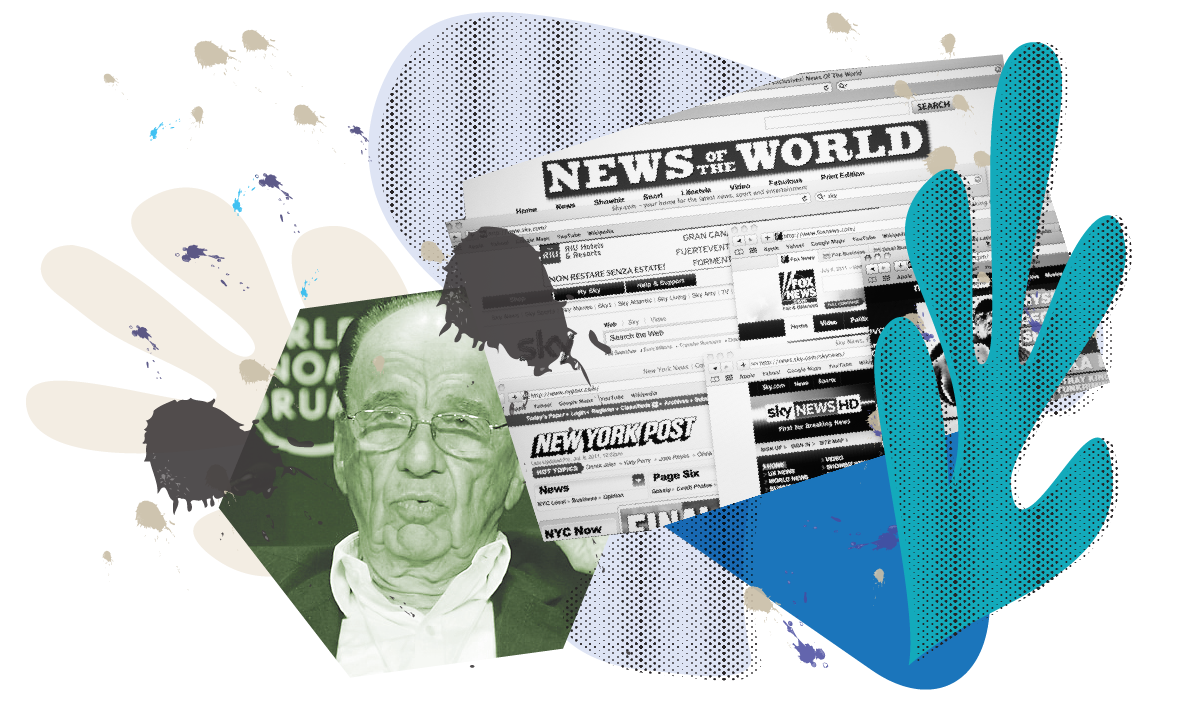
For everyone The lowdown: What just happened?

As I write this, Anthony Albanese is being sworn in as the 31st Prime Minister of Australia. A devastated Liberal Party and right-wing media are busy hand-wringing and blaming everyone but themselves. Some commentators are already arguing that new leader Peter Dutton should shift the Liberal Party further to the right, presumably to further alienate the sensible voters who ditched them this time. Others are carping that Labor hasn’t really won at all, given the collapse of the primary vote, meaning only a third of the country actually put them first in the ballot.
Both these talking points are nonsense. The first will serve to accelerate the hyper-partisan politics that voters have just demonstrated they don’t like. The second portends a Trump-ish “stolen election” narrative – one which Dutton will likely promote, but which is a deliberate misunderstanding of how preferential voting worked in this election.
So, how did Morrison lose? Let’s start with the basics. Morrison built his career on assuming that most Australians aren’t interested in politics. They don’t want things to worry about. His leadership style was defined by dismissing problems like climate change, sexual harassment, government corruption and COVID-19.
Unfortunately, for Morrison, these issues needed real action – something very much against his brand. During his election campaign, he traded on his success in tackling COVID, attempting to steal the credit from state leaders such as Dan Andrews and Mark McGowan. The 10.8% swing to Labor in WA suggests voters didn’t buy it. (Though, in the post-election bloodbath, the Liberals have predictably switched to arguing that they got whacked in Melbourne because they didn’t attack “Dan Andrews’ lockdowns” hard enough.)
One stumble from Albanese over a statistic led to a media campaign of ‘gotcha’ questions — the nadir of which saw frenzied journos gleefully shouting obscure questions about the sort of fine details nobody cares about.
Given the rolling disasters of the past three years, the real question isn’t “how did Morrison lose” but rather “why was the election so close?” There are two answers to this.
The first is that Australia is probably a lot more conservative than some of us like to think. For all our celebration of diversity and multiculturalism, we remain overwhelmingly white — about 83% so, with pockets of diversity concentrated in and around urban centres. We are also easily spooked into guarding our wallets. Given the turmoil of the past few years, it’s understandable that many Australians might be drawn to a leader who doesn’t offer to lead us into an uncertain future, but the one who says, “Nah, you’re right.”
Morrison created an image for himself as typical middle-Australia, just like you. Your daggy dad who was a bit useless, even if he meant well.
Albanese offers us a different vision of Australia. Our new prime minister is working class, the son of an Italian immigrant, raised in public housing by a single mother on a disability pension. He’s not an evangelist Christian, but a divorcee. A significant wedge of the electorate will be seeing themselves represented at the top for the first time. His victory opens doors for future candidates, but also changes the conversation about who we are as a nation.
That conversation may not be an easy one. This brings us to our second problem for Labor. Albanese’s greatest victory – one that has largely gone unacknowledged – is that he has won government without being anointed by Rupert Murdoch.
It can be easy to underestimate the impact of a mainstream media that, in Murdoch’s shadow, is almost wholly hostile to a Labor government. One stumble from Albanese over a statistic led to a media campaign of ‘gotcha’ questions — the nadir of which saw frenzied journos gleefully shouting obscure questions about the sort of fine details nobody cares about.
Going forward, Albanese may have two advantages in his battle with the media. The first is that the electorate seems to be tired of politics as a battleground. The collapse in the primary vote isn’t because the main parties weren’t extreme enough, but because the ‘teal’ independents offer a moderate middle ground: conservative economic policies combined with strong support for climate action, political integrity, and gender equality. That fatigue extends to a media whose unpleasant, partisan hectoring has become newly visible during the pandemic.
The second advantage is that voters are feeling the effects of political action – or inaction – in a way they haven’t before. The key issue this election was climate change. Australians voted for independent candidates who put climate action at the top of their agenda.
Albanese comes to power with a progressive agenda that could, if implemented, actually deliver on his promise of a “better future”. The election result, even with its shift towards independents, gives him a clear mandate. His best chance of surviving a hostile media will be to ensure his government makes a material difference in the lives of ordinary Australians – those being buffeted by the sort of disasters that mean they need good government more than ever.



